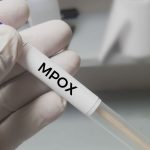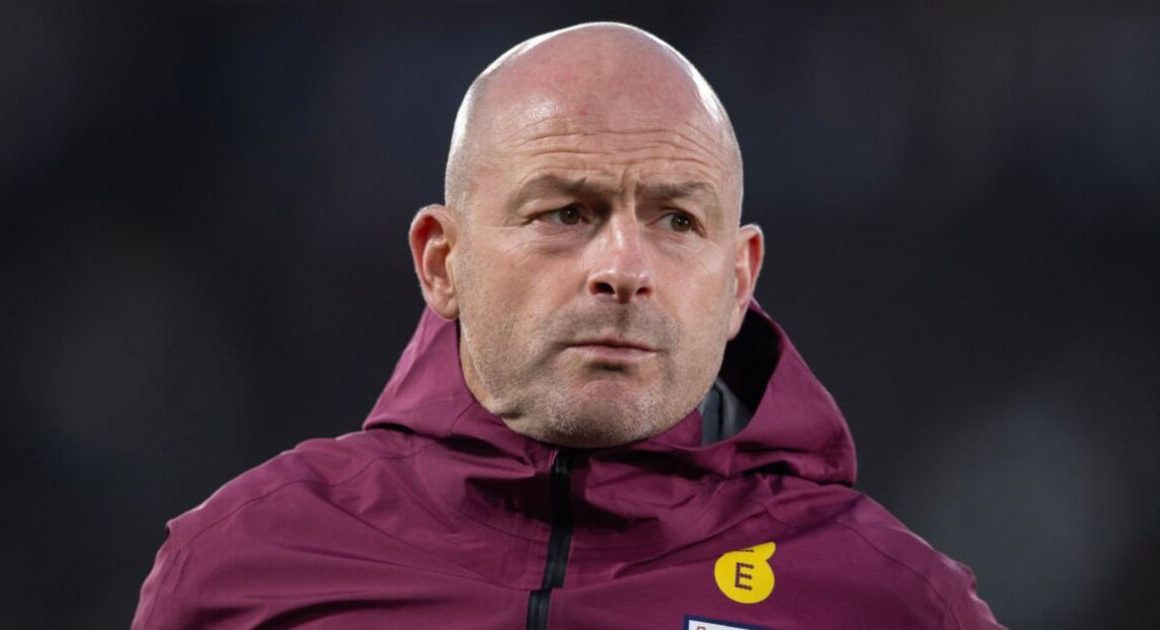The men’s Olympic triathlon planned for Tuesday has been postponed over concerns about water quality in Paris’ Seine River, where the swimming portion of the race was supposed to take place.
Organizers said they will try to hold the men’s triathlon Wednesday instead. The women’s competition is also scheduled on Wednesday, but both are subject to water tests. Friday is also planned as a backup date.
But Meteo-France, the French weather service, was forecasting storms Tuesday night, light rain Wednesday afternoon and storms Thursday, which could complicate rescheduling the events.
Heavy rains generally cause levels of E. coli and other bacteria in the Seine to rise. Paris experienced a downpour during the Olympic opening ceremony Friday, with rain continuing into Saturday.
The swimming portion of training events, meant to let the triathletes familiarize themselves with the course, was cancelled on both Sunday and Monday because of concerns over water quality.
The decision to postpone the men’s triathlon followed a meeting early Tuesday morning that included the sport’s governing body, World Triathlon, its medical team and city officials.
Organizers and city officials had expressed confidence that bacteria levels would improve as skies cleared and temperatures warmed in the days that followed, but that apparently wasn’t sufficient to ensure the athletes’ safety.
Paris made an enormous effort to improve the water quality in the long-polluted Seine so the swimming portion of the triathlon and the marathon swimming event in August could be held in the famed river that runs through the city centre. But bacteria levels have remained in flux.
Daily water quality tests measure levels of fecal bacteria known as E. coli, with a safe limit of 900 colony-forming units per 100 millilitres determined by European rules. Monitoring group Eau de Paris releases data each Friday, but it is updated only through the previous Tuesday.
High levels of E. coli in water can indicate contamination from sewage. Most strains are harmless and some live in the intestines of healthy people and animals. But others can be dangerous. Even a mouthful of contaminated water can lead to diarrhea, and the germ can cause illnesses such as infections in the urinary tract or in the intestines.
Mayor swam in Seine pre-Olympics
Efforts to make the river suitable for swimming cost just over $2 billion Cdn. They include the construction of a giant basin to capture excess rainwater and keep wastewater from flowing into the river, renovating sewer infrastructure and upgrading wastewater treatment plants.
Paris Mayor Anne Hidalgo very publicly took a swim in the river two weeks ago, along with Paris 2024 chief Tony Estanguet, and the top government official for the Paris region, Marc Guillaume, along with swimmers from local swimming clubs.
French Sports Minister Amelie Oudea-Castera took a dip in the Seine River to prove it’s safe for swimming, in light of the upcoming Olympics and questions regarding the Seine’s water quality. However, while Parisians say they trust the scientific testing being done, they themselves would not dare hop into the water.
Data released last week shows that E. coli levels at the Bras Marie area of the Seine were at 985 units per 100 millilitres that day, slightly above the established threshold.
Other swimming events planned in the Seine are the triathlon mixed relay on Aug. 5 and the women’s and men’s marathon swimming events on Aug. 8 and Aug. 9.











